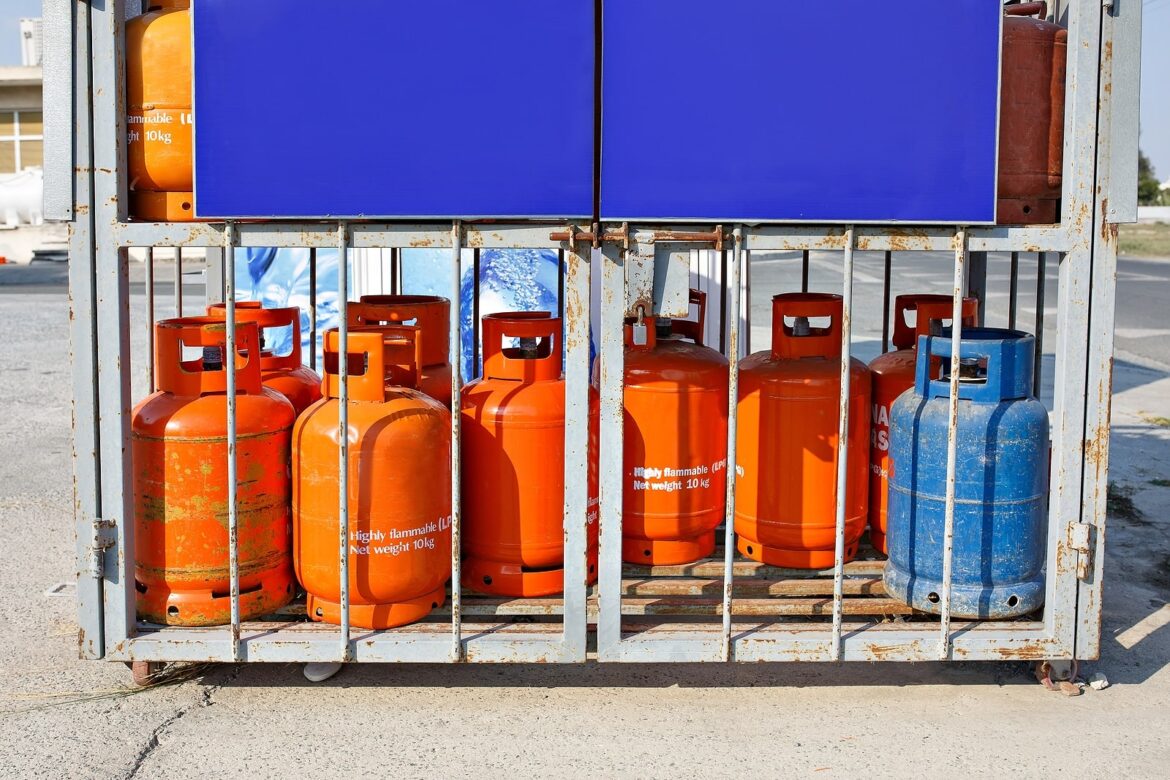1.1K
When barbecuing in summer, gas cylinders are often left in the sun. We explain whether this is dangerous and provide important safety tips for handling gas cylinders in summer temperatures.
Gas cylinders in the sun – what you need to know
You may have noticed that gas cylinders are usually stored outdoors and without sun protection at your retailer, for example in hardware stores. Sun and high temperatures do not harm gas cylinders. Various safety precautions are in place to ensure this.
- First things first: as long as the gas cylinder is in good condition and undamaged, the sun and high temperatures do not pose any danger.
- Gas cylinders are usually only about 80 percent full. This gives the gas enough space to expand in the cylinder when heated without causing any problems.
- If the 20 percent reserve is not sufficient, a pressure relief valve ensures that the gas can escape.
- However, the increased pressure inside does not cause the gas cylinder to burst. Although the pressure rises as the temperature increases, gas cylinders are designed to withstand at least 50 bar.
- At 40 degrees, the pressure in a butane gas cylinder rises to four bar. Propane expands slightly more. However, even here, only 14 bar is reached at 40 degrees.
What to look out for when handling glass cylinders
Gas cylinders are designed from the ground up to withstand a lot. However, you should observe a few rules when handling and storing gas cylinders.
- Close the gas cylinder tightly after each use. Never leave it even slightly open. The risk of explosion would be extremely high.
- Also make sure that the hoses are empty. Check them regularly for leaks, as well as the cap and valves.
- Important: If you suspect that something is leaking, it is better to have the hose and valve checked by a plumber for a small fee.
- If you are uncomfortable with the gas cylinder being in direct sunlight, find a shady spot for it. A gas cylinder cover may also be suitable.

